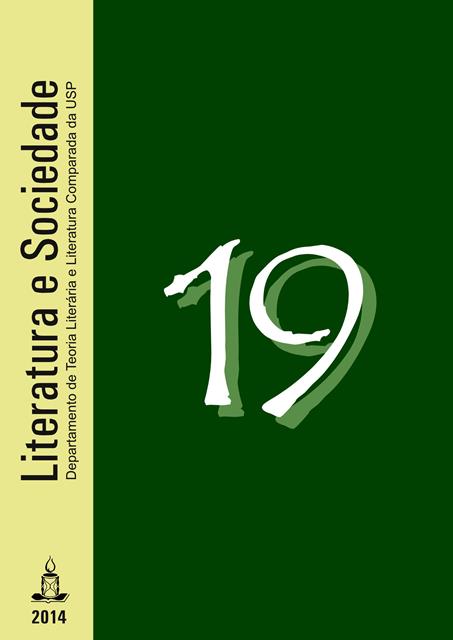Vozes negras na cantoria (1870-1925) O caso de Severino Perigo
DOI :
https://doi.org/10.11606/issn.2237-1184.v0i19p100-116Mots-clés :
Herança escravista no Brasil, cantoria, cantadores negros, memória social.Résumé
Trata-se de investigar a formação de um espaço ritual de interseção entre negros e “brancos”, em meio à sociedade escravista, no âmbito do universo da cantoria em províncias do chamado Norte do Brasil a partir de meados do século XIX. Tal espaço se constituiu em meio à crise da escravidão como instituição, e se articulou, a partir da Abolição, de forma a não favorecer a presença dos cantadores negros – que, no entanto, continuaram, em parte, atuantes. Aspectos desse processo de exclusão, que envolveu, dentre outros fatores, disputas acirradas pela memória na sociedade, nas obras dos folcloristas e nos folhetos de cordel, são estudados pela análise dos rastros da trajetória e da performance do cantador “não profissional” paraibano Severino Perigo, registrado em 1925 por Leonardo Mota. Argumentamos que, na leitura crítica da relação folclorista/informante, o estudo das construções simbólicas em torno do corpo e da voz é particularmente profícuo.


